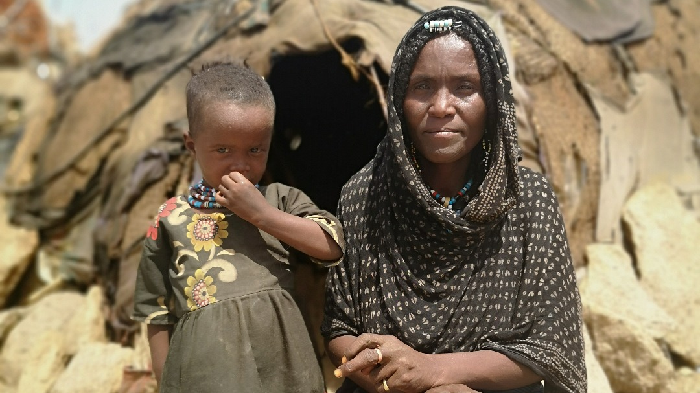Rohi Weddu Pastoral Women Development Association: Leading the Charge Against FGM and Child Marriage
In the Afar Regional State of Ethiopia, where traditional practices have long perpetuated gender-based violence, the Rohi Weddu Pastoral Women Development Association has emerged as a transformative force. Established over a decade ago, this grassroots organization is dedicated to empowering Afar communities to abandon female genital mutilation (FGM) and child marriage through persistent dialogue and comprehensive education.
Rohi Weddu employs a holistic strategy that respects the complex cultural dimensions of these practices. Instead of simply condemning them, the organization works within community values to foster sustainable change. Their mission focuses on the socio-cultural and economic transformation of women and children in collaboration with various partners.
The core of their methodology is community engagement. They facilitate profound dialogue sessions with community elders, religious leaders, and former circumcisers. These discussions aim to build a consensus for collectively abandoning FGM, particularly the severe form of infibulation traditionally practiced on young girls. This approach has been instrumental in raising critical awareness about the severe health implications and human rights violations associated with these practices.
Understanding that abandonment requires economic alternatives, the association integrates women’s empowerment directly into its work. By providing vocational training and supporting income-generating activities, they address the economic underpinnings of child marriage, offering families viable strategies that do not rely on harming their daughters.
The results of this patient, respectful work are tangible. The association has successfully facilitated public declarations of abandonment in multiple districts. A significant number of girls across several intervention areas are now registered as uncircumcised, a remarkable achievement that is supported by community surveillance mechanisms to protect them. This progress signifies a powerful shift in social attitudes, with community members increasingly speaking out against these harmful practices.
Despite these achievements, significant challenges remain due to the deeply entrenched nature of these customs. Rohi Weddu continues its commitment to creating prosperous Afar communities where gender equality is realized and every girl can grow up free from the threat of mutilation and forced marriage.
